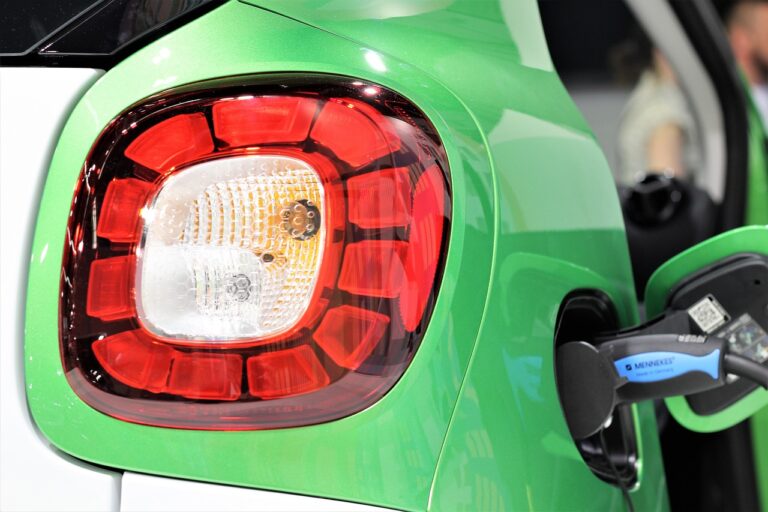The Influence of Sustainable Packaging Practices on Car Component Shipping Methods
Traditional packaging methods in the automotive industry have a significant environmental impact. The excessive use of non-biodegradable materials such as plastics and Styrofoam for packaging car components contributes to pollution and waste accumulation. Additionally, the energy-intensive production processes involved in manufacturing these packaging materials further exacerbate the industry’s carbon footprint.
Moreover, the disposal of packaging materials after use poses a challenge for waste management systems. The lack of proper recycling infrastructure means that a large amount of packaging ends up in landfills, where they can take hundreds of years to decompose. This not only pollutes the environment but also hinders efforts to achieve sustainability goals within the automotive sector.
The Rise of Eco-Friendly Packaging Alternatives in Car Component Shipping
In response to the growing concern for environmental sustainability, the automotive industry is embracing eco-friendly packaging alternatives for shipping car components. This shift is motivated by the need to reduce waste and carbon emissions associated with traditional packaging methods.
Manufacturers are increasingly turning to biodegradable materials such as recycled cardboard, cornstarch-based packaging peanuts, and plant-based plastics for packaging car components. These eco-friendly alternatives not only help minimize the environmental impact of transportation but also contribute to reducing the overall carbon footprint of the automotive industry.
Reducing Carbon Footprint Through Sustainable Packaging Practices
Sustainable packaging practices have become paramount in the automotive industry as companies strive to reduce their carbon footprint. By implementing eco-friendly alternatives, such as utilizing recyclable materials and minimizing excess packaging, car component manufacturers can significantly decrease their environmental impact.
Furthermore, adopting sustainable packaging practices not only benefits the environment but also enhances brand reputation and strengthens customer loyalty. Forward-thinking companies that prioritize sustainability demonstrate their commitment to corporate responsibility and attract environmentally conscious consumers who value eco-friendly initiatives.
• Sustainable packaging practices have become paramount in the automotive industry
• Implementing eco-friendly alternatives, such as utilizing recyclable materials and minimizing excess packaging, can significantly decrease environmental impact
• Adopting sustainable packaging practices benefits the environment, enhances brand reputation, and strengthens customer loyalty
• Companies that prioritize sustainability demonstrate commitment to corporate responsibility and attract environmentally conscious consumers who value eco-friendly initiatives
What is a carbon footprint?
A carbon footprint is the total amount of greenhouse gases produced directly and indirectly by human activities.
How do traditional packaging methods impact the environment in the automotive industry?
Traditional packaging methods often involve excessive use of materials, such as plastic and styrofoam, that contribute to pollution and waste.
What are some eco-friendly packaging alternatives being used in car component shipping?
Eco-friendly packaging alternatives include biodegradable materials, reusable containers, and innovative designs that minimize waste and emissions.
How can sustainable packaging practices help reduce carbon footprint in the automotive industry?
Sustainable packaging practices can help reduce carbon footprint by minimizing waste, lowering emissions from production and transportation, and promoting a circular economy.
What are some examples of companies implementing sustainable packaging practices in the automotive industry?
Companies like Tesla, Toyota, and Ford have implemented sustainable packaging practices, such as using recycled materials and optimizing packaging designs for efficiency and recyclability.







